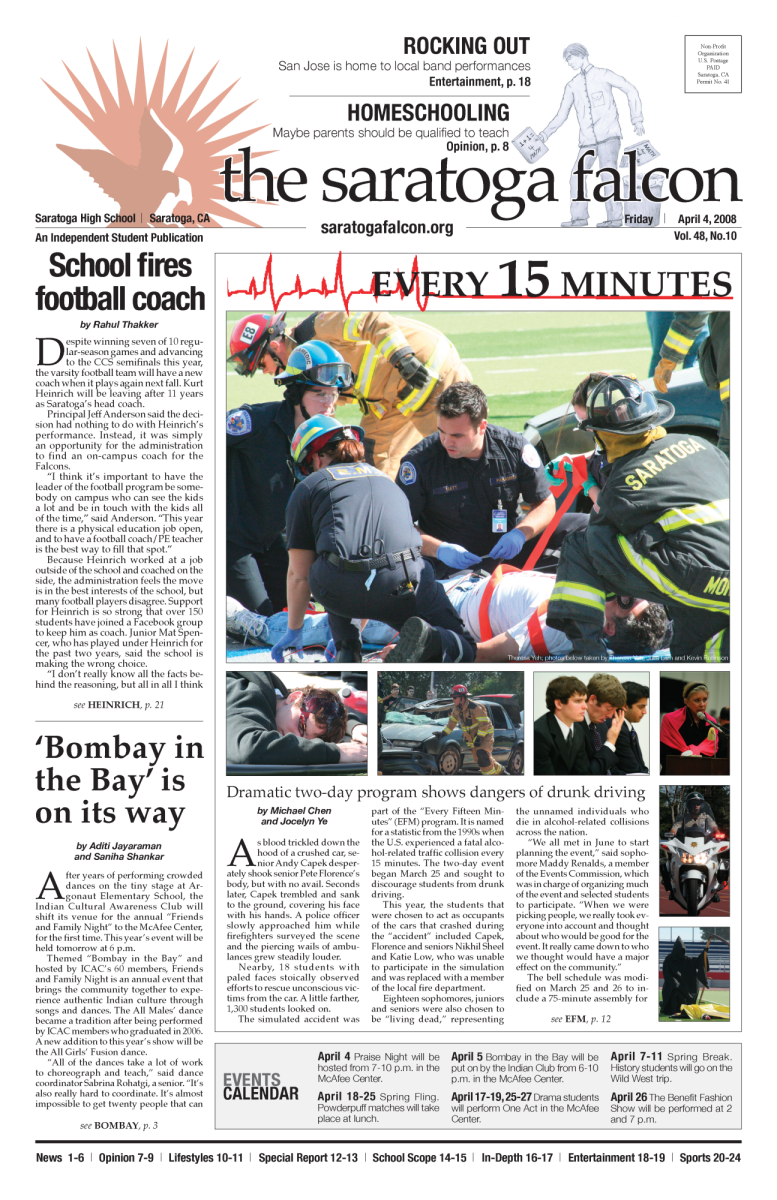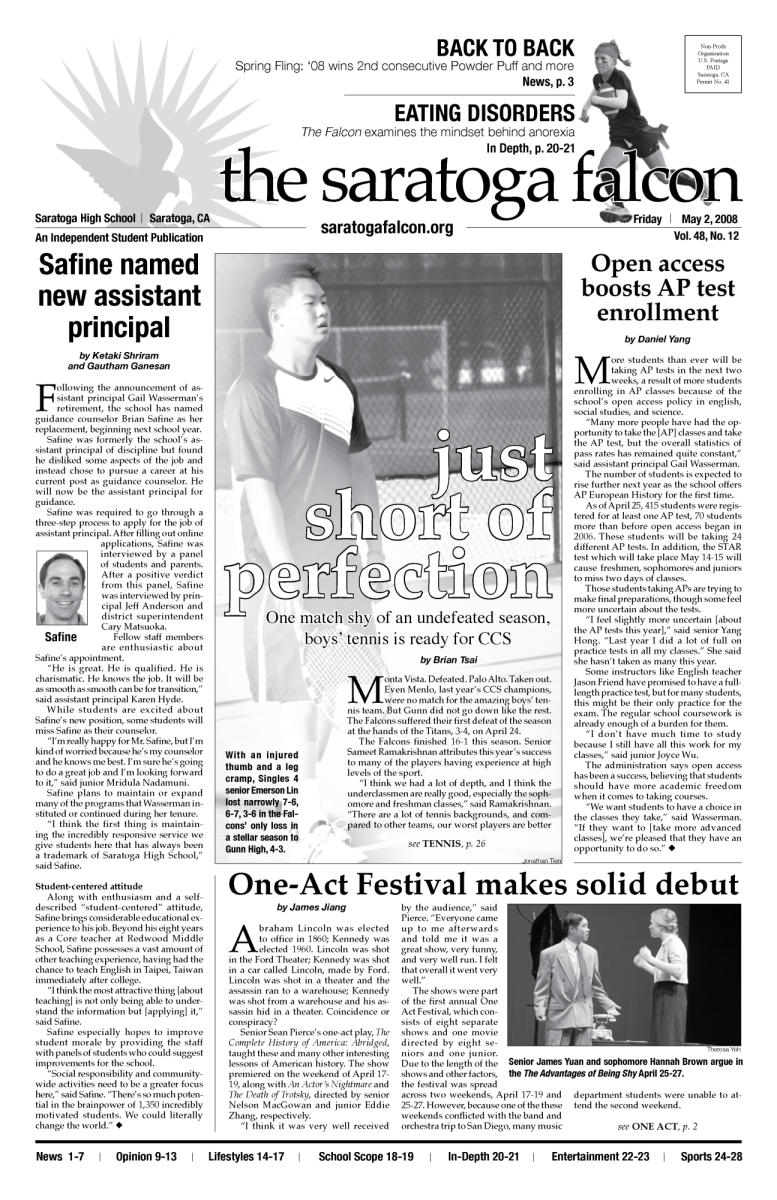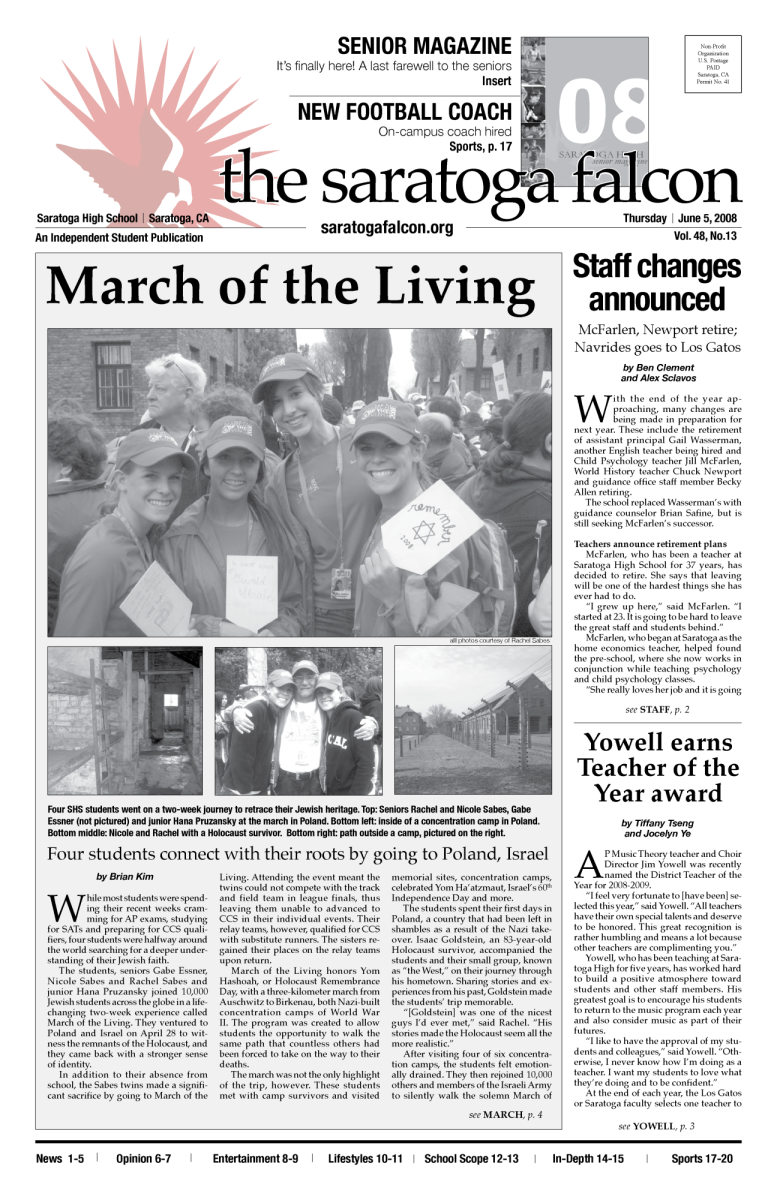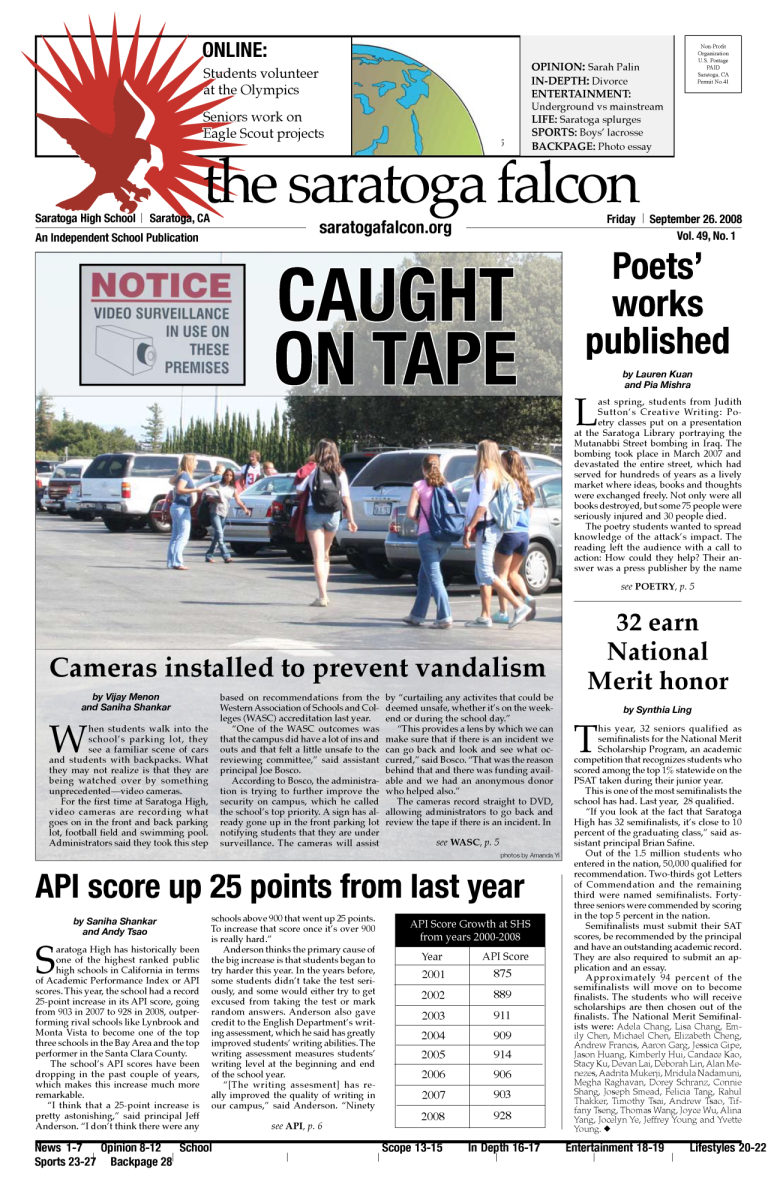Freshmen Anika Kapasi and Saejal Thomas were both frustrated. It was cold, they had no ideas for their Ethnic Studies Class’s end-of-semester project, and to top it all off, they were both on their periods. But after asking a friend for tampons, an idea stuck: They realized that they could structure their project around the inequalities that many women face when it comes to the accessibility of feminine hygiene products. This was the birth of SHS’s first ever period drive.
For seven blue days from Jan. 10 to Jan. 27, Kapasi, along with freshman Saejal Thomas, ran the period drive they started in an attempt to help women in Bay Area communities who do not have access to femine hygiene resources.
“Because we live in Saratoga, we are fortunate enough to have a lot of things handed to us, while there are many people who struggle,” Kapasi said. “Periods are one of the few things that I never have to worry about. I know that even if I don’t have [a tampon], one of my friends definitely will.”
This drive was created as a project for Kapasi and Thomas’s Ethnic Studies class. The students were assigned a final assignment in which students identified a local problem and used their resources to create a positive impact on their community.
Upon researching, Kapasi and Thomas found that there are over 200,000 women in the U.S. who are homeless and do not have access to these products. Currently, the duo is working on getting all the necessary materials ready to deliver to the homeless shelters, such as the packaged female hygiene products. They created an Instagram account, @projectperiodshs, in order to raise awareness for the drive. In addition, a notice was sent to parents in the January 14, 2022 Friday newsletter, and teachers were emailed to scope out volunteers.
The drive was held outside the Student Center so that anyone could come in and drop off menstrual products after school. In total, they collected 700+ menstrual products that are being delivered to various homeless shelters in the Bay Area.
“Since we live in such a privileged community, I never realized how many women do not have access to female hygiene products,” Kapasi said. “To be able to help out at least one woman would be great.”



























